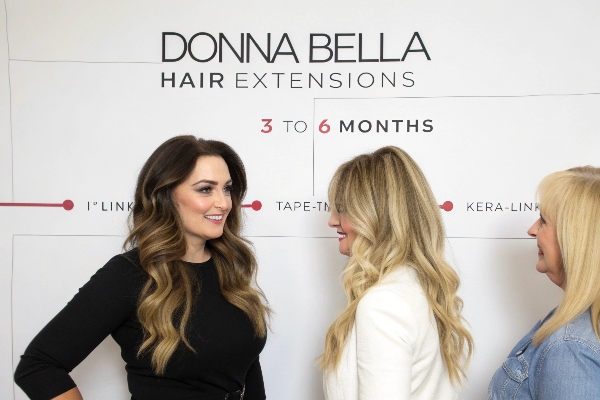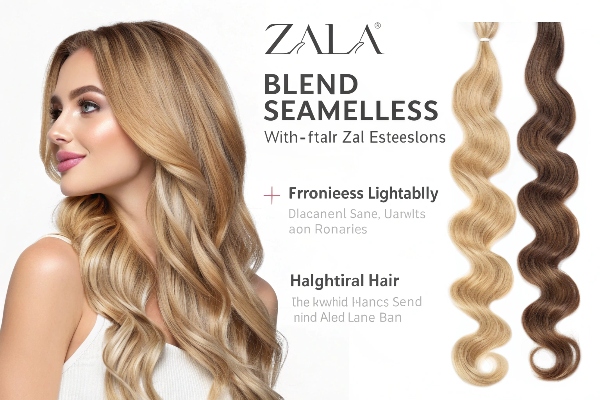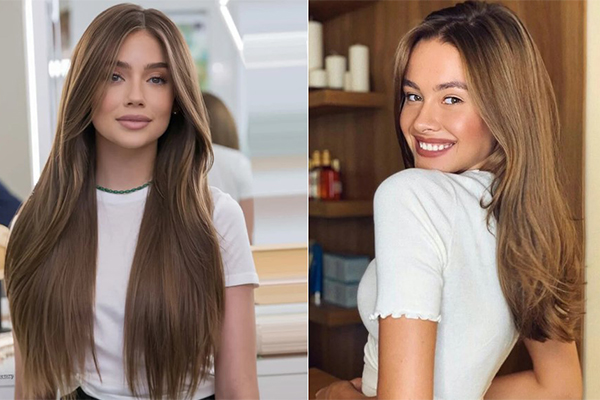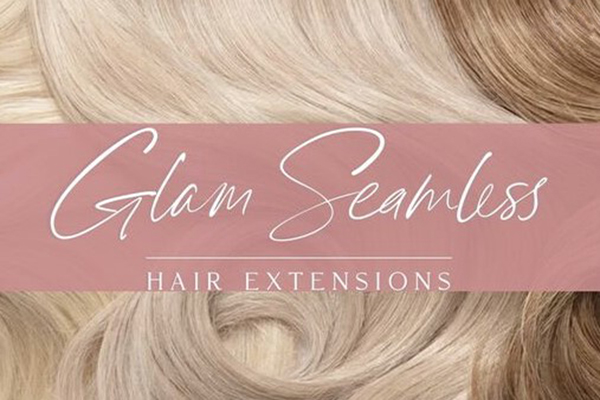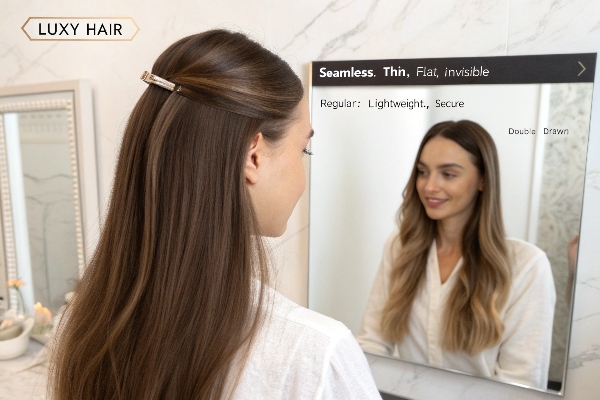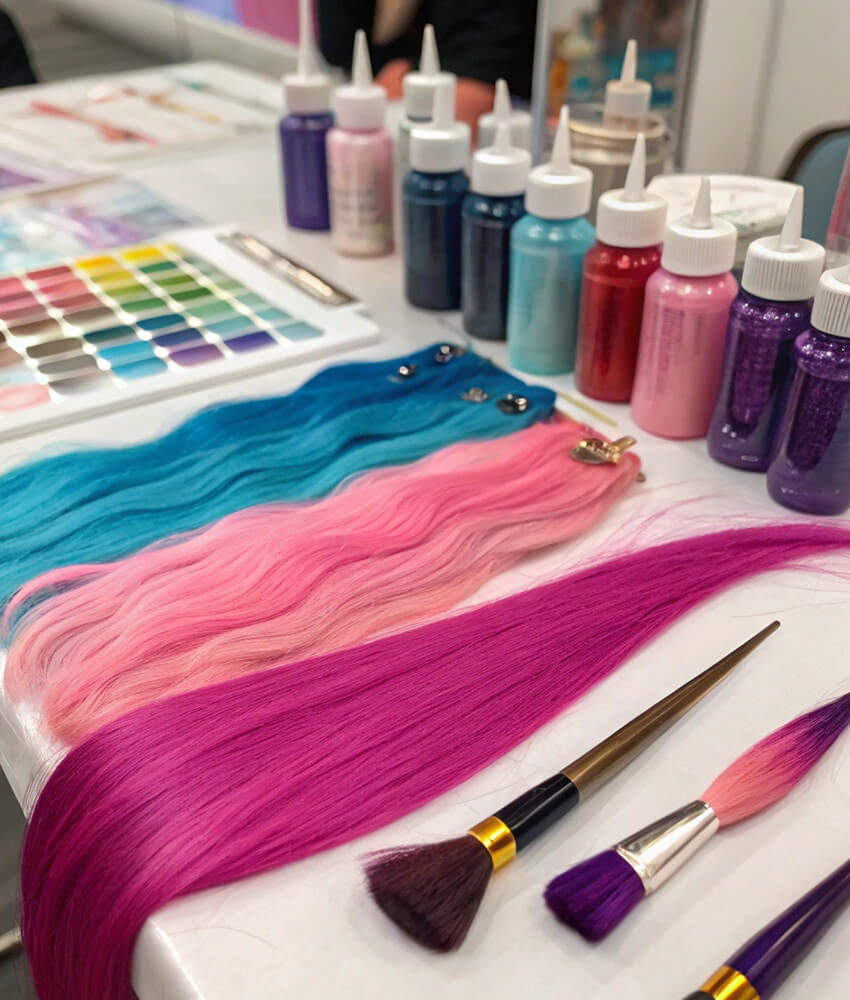Hair loss can be a distressing experience, affecting appearance and self-esteem. Understanding how to regrow hair is essential for anyone experiencing thinning or balding.
Regrowing hair involves addressing underlying causes such as hormonal changes, nutritional deficiencies, and stress. Treatments like minoxidil, hair supplements, and a balanced diet can promote growth.
To understand how to regrow hair effectively, it’s important to explore various options and their effectiveness. Additionally, lifestyle modifications like regular exercise and adequate sleep can deeply influence hair health by reducing stress and improving circulation.
Exploring advanced treatments such as laser therapy and platelet-rich plasma (PRP) can also provide innovative solutions. Consulting with a healthcare professional enables a tailored approach, ensuring that individuals can select the most appropriate strategies for their unique situations.
How can I stop hair loss?
Hair loss can occur for various reasons including genetics, stress, or lifestyle choices, causing emotional turmoil for sufferers.
Stopping hair loss requires identifying its root cause. In many cases, consulting with a healthcare professional provides insights into appropriate treatments like topical medications, laser therapy, or lifestyle modifications that can help prevent further loss.

To combat hair loss, be proactive about diet and stress management, and explore targeted treatments. Incorporating nutrient-rich foods, such as leafy greens, nuts, and lean proteins can improve hair health, while practicing stress-reduction techniques like mindfulness meditation or exercise can create a more balanced environment for hair growth. Taking a holistic approach that combines nutrition, stress management, and professional guidance will yield the best results in your journey to preserve and restore healthy hair.
Can hair grow back after thinning?
Thinning hair can be troubling, leading people to wonder if regrowth is possible or if it’s a permanent condition.
Hair can often grow back after thinning if the right steps are taken. This could include improving diet, reducing stress, using hair-thickening products, or seeking professional treatments like PRP therapy or medication advised by doctors.
Explore viable solutions and scientific approaches to encourage thickening of hair. Research has shown that incorporating supplements containing biotin, zinc, and omega fatty acids can support hair regrowth and overall hair health. Additionally, using products enriched with natural extracts like saw palmetto or caffeine may stimulate hair follicles and improve density.
It’s also essential to stay informed about emerging treatments and techniques, such as low-level laser therapy, which can enhance blood flow to the scalp. By embracing a comprehensive approach that includes both topical and systemic options, individuals can maximize their potential for regrowth.
What shampoo is good for hair loss?
Finding the right shampoo can make a significant difference in the health and volume of hair that’s thinning or falling out.
Choosing a shampoo designed for hair loss involves looking for those with ingredients like biotin, caffeine, and keratin that nourish hair follicles and improve scalp health. Professional recommendations or dermatologist-approved products are also worth considering.

Evaluate reviews and ingredients to help make informed choices about the best shampoos for your hair type. Consider shampoos formulated specifically for hair loss, as they often contain beneficial components such as biotin, which strengthens hair strands, and caffeine, which can stimulate hair follicles.
Additionally, shampoos with keratin can enhance hair structure and resilience. It’s beneficial to look for sulfate-free options, as harsh detergents can irritate the scalp and exacerbate hair loss. Reading user testimonials and consulting with a dermatologist can guide you towards effective products tailored to your individual hair care needs.
Can vitamins help with hair loss?
Vitamins are often touted as a remedy for hair loss, but understanding their true impact is essential for effective use.
Vitamins like biotin, Vitamin D, and Iron play crucial roles in hair health. Deficiencies can contribute to hair loss, so supplements or a balanced diet rich in these nutrients can fortify hair from the inside out.
Analyze the importance of various vitamins in fostering stronger hair.
Analyze the importance of various vitamins in fostering stronger hair. Biotin, a B vitamin, is particularly known for promoting hair growth by enhancing keratin production, which is essential for hair structure.
Vitamin D plays a critical role in the hair growth cycle, helping to create new hair follicles and potentially preventing hair thinning. Iron, crucial for oxygen transportation in the blood, supports follicle health; a deficiency can lead to increased hair shedding. Ensuring adequate intake of these vitamins, either through dietary sources or quality supplements, can significantly strengthen hair and reduce the likelihood of hair loss.
What to eat to stop hair fall?
A nutritious diet is vital for maintaining healthy hair, with certain foods providing the nutrients needed to combat hair fall.
Eating foods rich in protein, omega-3 fatty acids, and vitamins like A and E are known to support hair health. Incorporate eggs, spinach, nuts, and fish into your diet to help reduce hair fall and boost overall health.
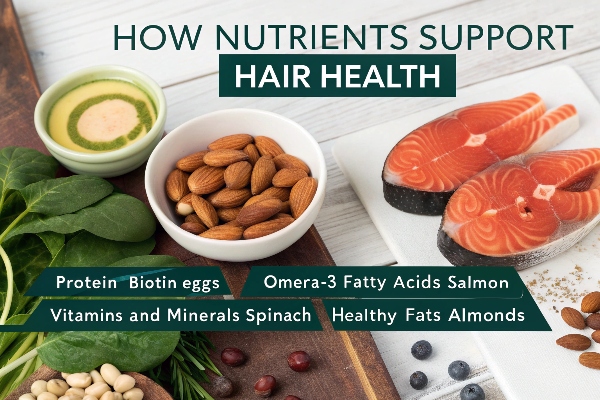
Investigate which foods are beneficial for hair and how they support growth and prevent loss. Consuming a diet rich in protein is essential, as hair is primarily made of keratin, a type of protein. Eggs are an excellent source, providing not only protein but also biotin, which aids in hair health. Omega-3 fatty acids found in fatty fish, such as salmon, promote scalp health by providing essential oils that nourish hair follicles.
Leafy greens like spinach are packed with iron and vitamins A and C, which help produce sebum, the scalp’s natural conditioner. Nuts, particularly walnuts and almonds, add healthy fats and additional vitamins that strengthen hair and support regrowth.
How often should I wash thinning hair?
Deciding the frequency of washing thinning hair involves finding a balance that maintains cleanliness without further damaging hair.
Thinning hair benefits from gentle washing two to three times a week to avoid stripping natural oils while keeping the scalp clean. Choose a mild shampoo and avoid harsh chemicals or excessive styling.
Consider practical advice on maintaining cleanliness and scalp health by reviewing recommended washing routines. For thinning hair, it’s ideal to wash two to three times a week, ensuring that the scalp remains clean without jeopardizing the natural oils that nourish the hair.
Selecting a gentle, sulfate-free shampoo can prevent irritation and minimize damage, while avoiding products laden with harsh chemicals is crucial for maintaining hair health. Additionally, incorporating a lightweight conditioner can help to hydrate hair without weighing it down. Listening to your scalp and adjusting your routine based on its needs is vital for achieving the best results for thinning hair.
Conclusion
Regrowing hair requires understanding diverse methods that prevent loss and encourage growth. Careful attention to diet, vitamins, treatments, and habits plays a critical role in addressing hair issues effectively.

